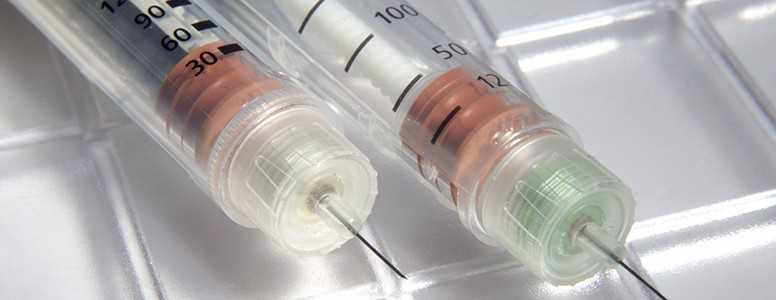Storing blood glucose testing strips incorrectly can lead to false high readings, according to the Medicines and Healthcare products Regulatory Agency (MHRA).
The report, which focuses on the storage of GlucoMen LX Sensor test strips, finds that the strips must be enclosed within the original vial supplied, and closed immediately if the strips are being stored in a humid environment.
However, storing test strips in humid environments is generally discouraged. Test strips should instead be stored at room temperature. They should not be refrigerated, exposed to humidity, or left in direct sunlight. All of these factors can render test strips unusable. Damaged test strips should never be used, and neither should test strips that are in any way dirty or covered in crumbs, food or liquids.
Improper test strip storage can lead to “false highs” – readings that provide an inaccurate reflection of blood glucose levels at the time. The risks associated with false highs are significant. People with type 1 diabetes may inject more insulin than they actually need, and people with type 2 diabetes who test their blood glucose may take more medication.
The MHRA recommends reporting any problems with test strips to the Yellow Card Schemen, a platform for users to provide feedback about medical devices.
“It is vital that people check that their vials are closed properly according to the instructions for use,” said John Wilkinso, Director of Medical Devices for the Medicines and Healthcare products Regulatory Agency.
“Leaving strips exposed in high humidity may result in falsely high readings, which could lead to them taking an incorrect dose of medication.
“We continue to encourage people to report any issues involving medical devices to the MHRA via our Yellow Card Scheme.”
People with type 2 diabetes interested in testing their blood glucose levels might be interested in the Type 2 Testing Program, a structured subscription service that provides a free blood glucose meter and monthly supplies of test strips, for a quarterly or annual fee.
What's new on the forum? ⭐️
Get our free newsletters
Stay up to date with the latest news, research and breakthroughs.







